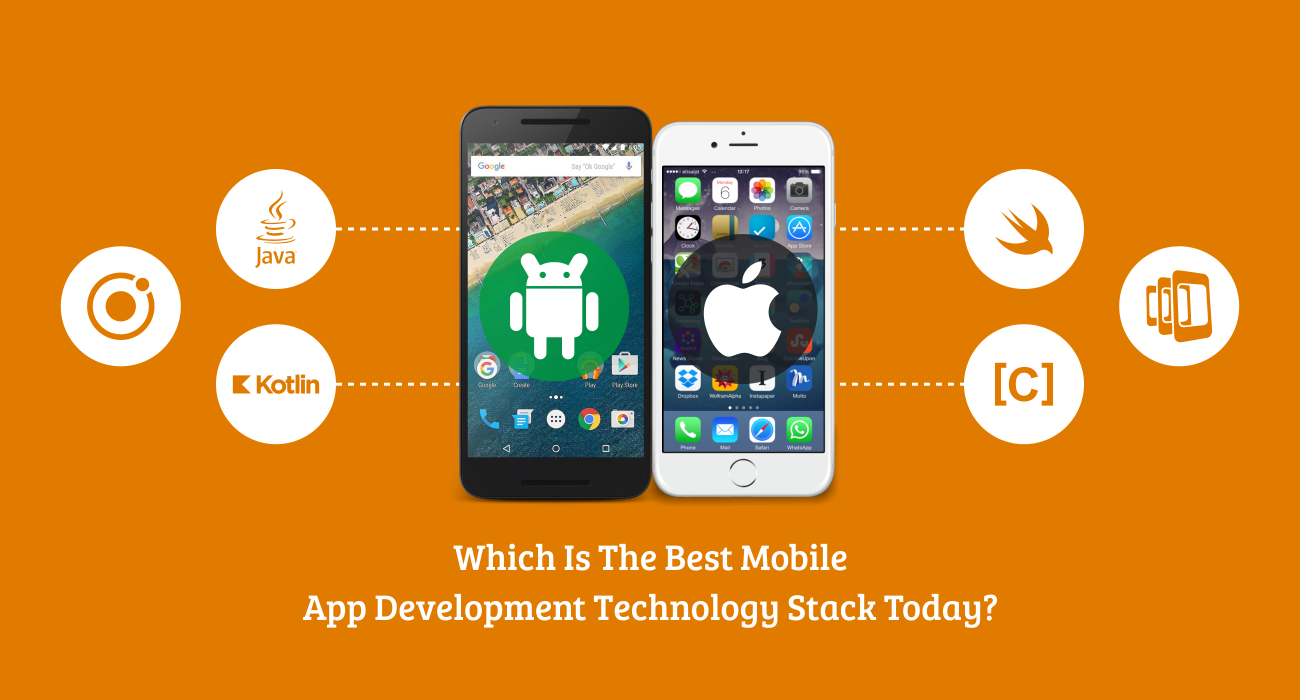Ionic is an open-source HTML5 development framework for building hybrid mobile applications. Hybrid apps utilize a mobile platform’s WebView. Hybrid apps have offered many advantages compared to native apps regarding development speed and platform support. The recent version of Ionic which is known as Ionic 3 is built using Angular.
Ionic apps are written using HTML, Javascript, and CSS. Ionic can be considered as a UI framework that handles UI interactions of applications with support for native mobile components and beautiful design. Ionic focuses on UI interactions and look and feel of an app.
Ionic provides Components and Theme which allows developers to build applications having an elegant and functional user interface. The Ionic component is made up of HTML, CSS, and sometimes JavaScript. Ionic offers a light theme and a dark theme for mobile applications.
Features of Ionic include typography, mobile components, an extensible base theme, and interactive paradigms. Ionic apps are developed through the Ionic command line (CLI) and need a native wrapper like Cordova to run as a native app. Ionic command line interface comes with a built-in development server.
Advantages/benefits of Ionic framework
Ionic is an open-source platform which provides cross-platform mobile application development. The Advantages of using Ionic application development framework are as following:
Easy to adopt
If a developer is familiar with CSS, HTML or JavaScript frameworks then learning and developing apps using Ionic framework becomes easier. It is easier for development companies to switch to Ionic if their requirements and needs require hybrid application development.
Cross-platform app development
The ionic framework supports Android 4.1 and up, iOS 7 and up. Ionic also supports the UWP (Universal Windows Platform) for developing Windows 10 apps. Ionic helps with building applications quickly and with expertise.
User Interface
Themes and components of Ionic are highly customizable. The ionic platform allows components to adapt the platform on which application is running.
Built on AngularJS
Ionic uses AngularJS to provide many functionalities to the developers. AngularJS is a widely used framework by designers. Use of AngularJS allows Ionic to provide a robust structure that makes the code more manageable. AngularJS with the assistance of the Ionic structure allows development of hybrid applications.
Performance
Using Ionic with native mobile app code in PhoneGap (Apache Cordova) allows for higher performance compared to hybrid applications. AngularJS allows Ionic to rely on native hardware acceleration. Ionic uses CSS transitions as a way to leverage the GPU and maximize available processor time.
Cordova Plugins
The ionic framework utilizes Cordova plugins to help designers in accessing different components. Ionic uses Cordova plugin to access features like Camera, GPS, Flashlight and others. Mobile app developers can utilize these modules to build their application.
Summary
Ionic is excellent for building basic native functionalities within an application to run on devices having different operating systems. The framework also makes development fast and cost-efficient and reduces the need for maintenance. Applications developed in Ionic may not perform as well as if they were developed natively. Ionic demands a specific skill set from developers due to its current use of AngularJS.
By reading the Advantages and benefits of Ionic framework app development, if you think that it is a time to build a new app using Ionic, please drop us an email on business@techcronus.com.
















 Get Started
Get Started
